I have a new post on Hackaday: Two-Wheeled Arduino Robot Project For Beginners.
Category Archives: Programming
Maker Advent Calendar 2025 #7: Monitoring Motion! | Learning Electronics In The Lab With Jay Jay
You can support this channel on Patreon: patreon.com/JohnElliotV
This post is part of my video blog and you can find more information about this video.
Silly Job Title: Current Conjurer. I am the Current Conjurer!
In this video we do the seventh project from The 12 Projects of Codemas.
Thanks very much for watching! And please remember to hit like and subscribe! :)
Following is a product I use picked at random from my collection which may appear in my videos. Clicking through on this to find and click on the green affiliate links before purchasing from eBay or AliExpress is a great way to support the channel at no cost to you. Thanks!
Yum Cha AU 240V Watt Meter |
Let’s go shopping!
Maker Advent Calendar 2025 #6: Looking for Light! | Learning Electronics In The Lab With Jay Jay
You can support this channel on Patreon: patreon.com/JohnElliotV
This post is part of my video blog and you can find more information about this video.
Silly Job Title: Transistor Troubadour. I am the Transistor Troubadour!
In this video we do the sixth project from The 12 Projects of Codemas.
Thanks very much for watching! And please remember to hit like and subscribe! :)
Following is a product I use picked at random from my collection which may appear in my videos. Clicking through on this to find and click on the green affiliate links before purchasing from eBay or AliExpress is a great way to support the channel at no cost to you. Thanks!
Yum Cha L-shaped Screwdriver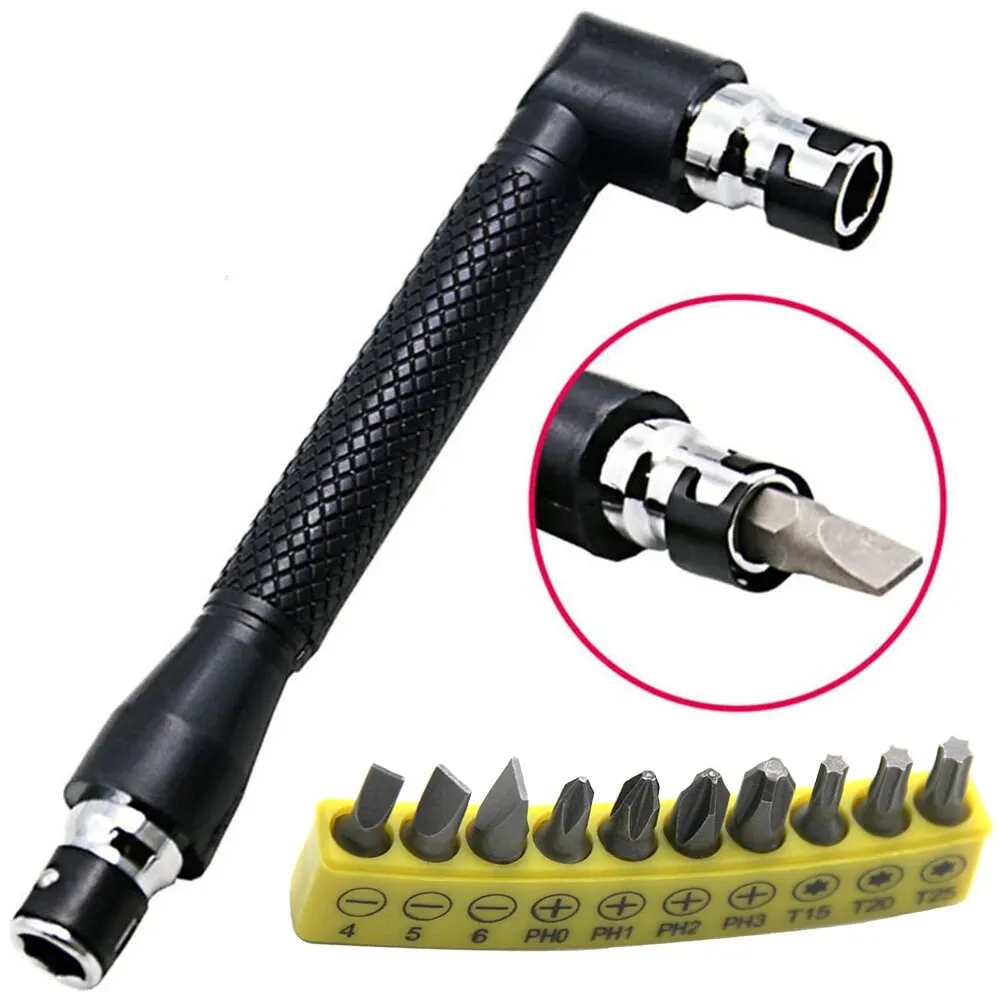 notes notes |
Let’s go shopping!
Maker Advent Calendar 2025 #5: Hear my Code! | Learning Electronics In The Lab With Jay Jay
You can support this channel on Patreon: patreon.com/JohnElliotV
This post is part of my video blog and you can find more information about this video.
Silly Job Title: Spark Slinger. I am the Spark Slinger!
In this video we do the fifth project from The 12 Projects of Codemas.
Thanks very much for watching! And please remember to hit like and subscribe! :)
Following is a product I use picked at random from my collection which may appear in my videos. Clicking through on this to find and click on the green affiliate links before purchasing from eBay or AliExpress is a great way to support the channel at no cost to you. Thanks!
Yum Cha 13MP HD Webcam With Mic USB Camera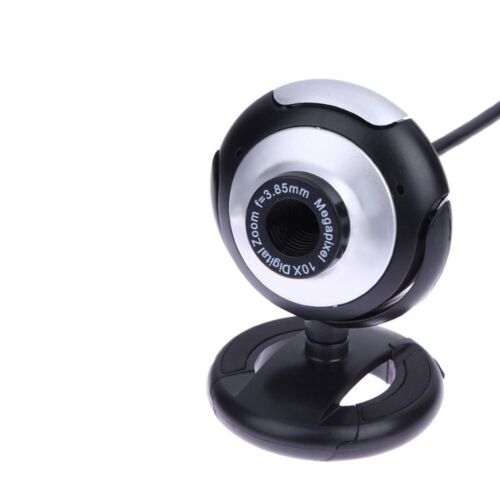 |
Let’s go shopping!
Maker Advent Calendar 2025 #4: Amazing Analog! | Learning Electronics In The Lab With Jay Jay
You can support this channel on Patreon: patreon.com/JohnElliotV
This post is part of my video blog and you can find more information about this video.
Silly Job Title: Maker of Videos. I am the Maker of Videos!
In this video we do the fourth project from The 12 Projects of Codemas.
Thanks very much for watching! And please remember to hit like and subscribe! :)
Following is a product I use picked at random from my collection which may appear in my videos. Clicking through on this to find and click on the green affiliate links before purchasing from eBay or AliExpress is a great way to support the channel at no cost to you. Thanks!
FNIRSI DC580 Power Module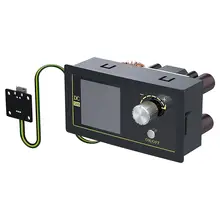 |
Let’s go shopping!
Maker Advent Calendar 2025 #3: Bashing Buttons! | Learning Electronics In The Lab With Jay Jay
You can support this channel on Patreon: patreon.com/JohnElliotV
This post is part of my video blog and you can find more information about this video.
Silly Job Title: Earth Grounder. I am the Earth Grounder!
In this video we do the third project from The 12 Projects of Codemas.
Thanks very much for watching! And please remember to hit like and subscribe! :)
Following is a product I use picked at random from my collection which may appear in my videos. Clicking through on this to find and click on the green affiliate links before purchasing from eBay or AliExpress is a great way to support the channel at no cost to you. Thanks!
Allsome QR040 Clamp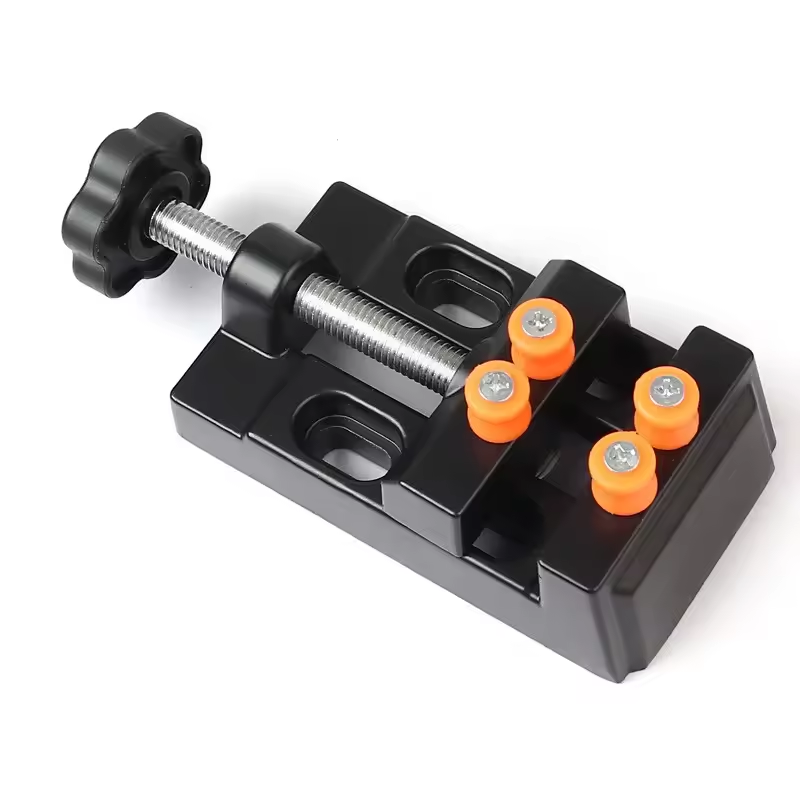 |
Let’s go shopping!
Maker Advent Calendar 2025 #2: Let’s Get Blinky! | Learning Electronics In The Lab With Jay Jay
You can support this channel on Patreon: patreon.com/JohnElliotV
This post is part of my video blog and you can find more information about this video.
Silly Job Title: Electron Ambassador. I am the Electron Ambassador!
In this video we do the second project from The 12 Projects of Codemas.
Thanks very much for watching! And please remember to hit like and subscribe! :)
Following is a product I use picked at random from my collection which may appear in my videos. Clicking through on this to find and click on the green affiliate links before purchasing from eBay or AliExpress is a great way to support the channel at no cost to you. Thanks!
Yum Cha Macropad 3-Key Mechanical Keyboard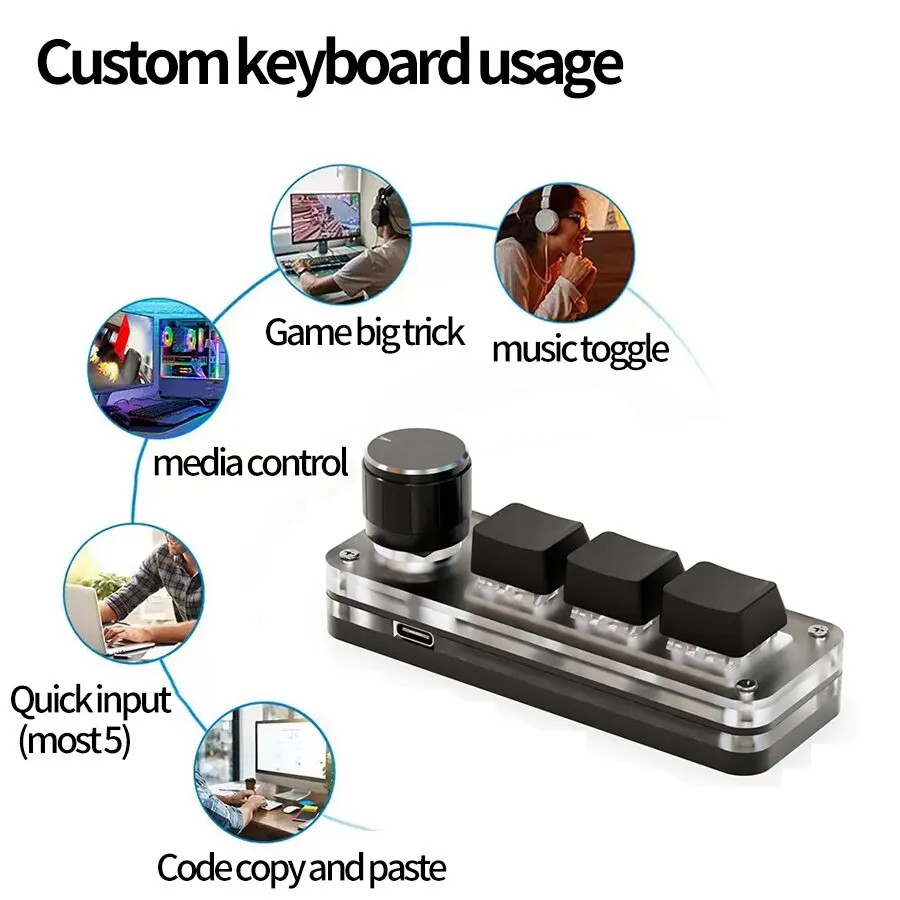 |
Let’s go shopping!
Maker Advent Calendar 2025 #1: Getting Started | Learning Electronics In The Lab With Jay Jay
You can support this channel on Patreon: patreon.com/JohnElliotV
This post is part of my video blog and you can find more information about this video.
Silly Job Title: Current Curator. I am the Current Curator!
In this video we do the first project from The 12 Projects of Codemas.
Thanks very much for watching! And please remember to hit like and subscribe! :)
Following is a product I use picked at random from my collection which may appear in my videos. Clicking through on this to find and click on the green affiliate links before purchasing from eBay or AliExpress is a great way to support the channel at no cost to you. Thanks!
Yum Cha Knife Blades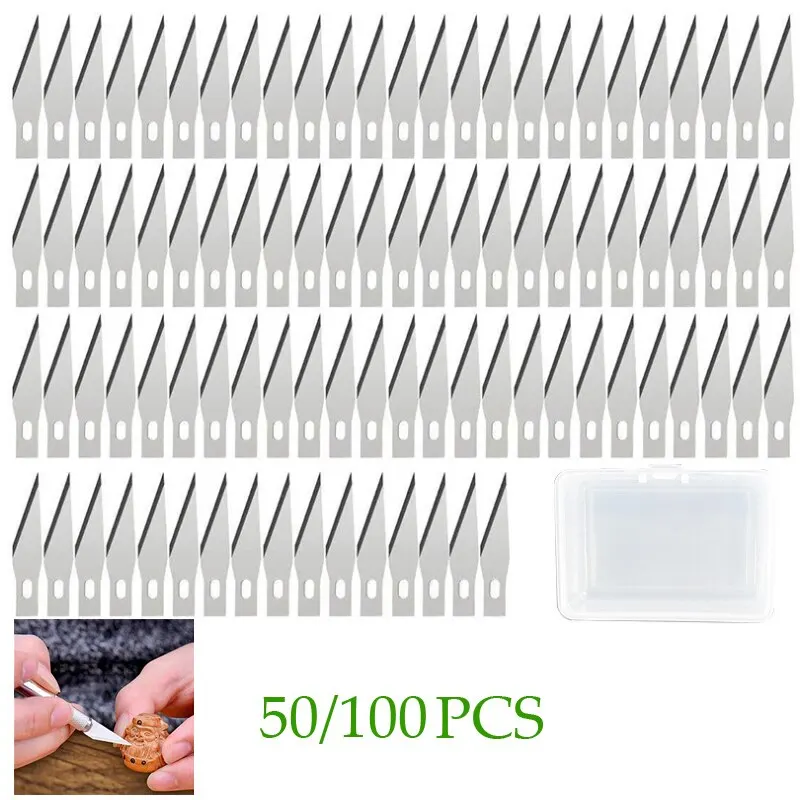 |
Let’s go shopping!
Module Monday #9: HW-103 Water Level Sensor Module | Learning Electronics In The Lab With Jay Jay
This post is part of my video blog and you can find more information about this video.
You can support this channel on Patreon: patreon.com/JohnElliotV
Silly Job Title: Wire Whisperer. I am the Wire Whisperer!
Today is Module Monday.
In this video we take a look at the Smart Electronics Soil Moisture Hygrometer Detection Humidity Sensor Module For arduino Development Board DIY Robot Smart Car.
The code for this Arduino sketch is here: 2025-12-01-HW-103-Water-Level.ino.
We use the METCAL PS-900 Soldering Station for soldering.
We use the Yizhan Digital Microscope to take a close look at our module.
We use the ElectroCookie PCB Prototype Solderable Breadboard to make our LED traffic lights circuit.
We use the Hakko CHP 3C-SA Precision Tweezers for tweezering.
We use the Plato Model 170 Wire Cutter as a wire cutter.
We use the Kaisi S-160 45x30cm Repair Mat as our workspace.
Errata: at t=22:58 I say I need smaller “capacitors” but what I meant is smaller “resistors”.
Thanks very much for watching! And please remember to hit like and subscribe! :)
Following is a product I use picked at random from my collection which may appear in my videos. Clicking through on this to find and click on the green affiliate links before purchasing from eBay or AliExpress is a great way to support the channel at no cost to you. Thanks!
Yum Cha 16MP USB Camera |
Let’s go shopping!
A Deep Dive Into Using PIO And DMA On The RP2350
I have a new post on Hackaday: A Deep Dive Into Using PIO And DMA On The RP2350.
